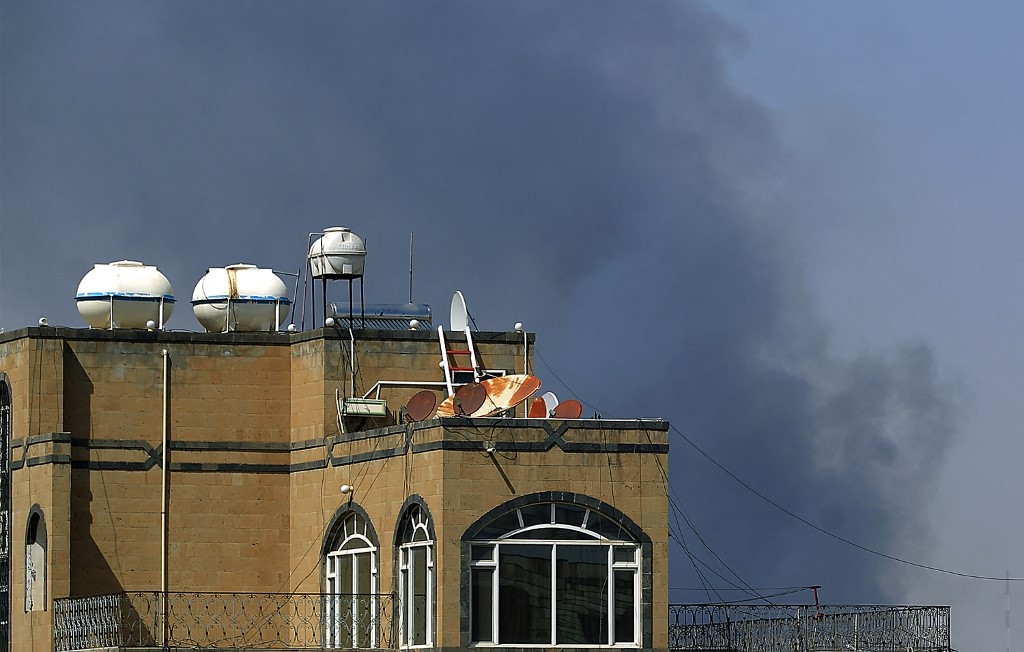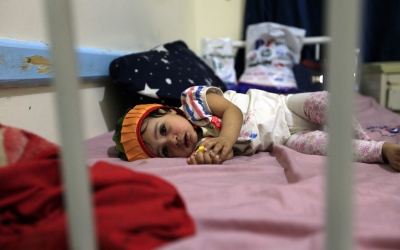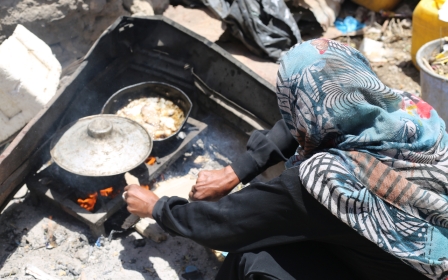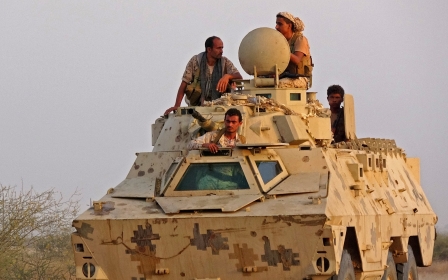Saudi-led coalition has carried out at least 22,766 air raids in Yemen: Report

Newly released data has found that the Saudi-led coalition has conducted at least 22,766 air raids in Yemen and up to 65,982 individual air strikes since it began its bombing campaign in 2015, with roughly a third hitting non-military sites, including schools, residential areas and hospitals.
The data, published by the Yemen Data Project on Thursday, details the latest information on the impact of the coalition's six-year bombing campaign.
The aerial campaign, which the project noted was also headed by the United Arab Emirates, led to the death of 8,759 civilians and injured another 9,815. The data includes figures up until 10 March of this year.
Since 2015, the Saudi-led coalition has carried out a daily average of at least 10 air raids, which the project noted "includes all air strikes on a single location within approximately one hour and therefore may comprise multiple airstrikes".
While the project found that 29 percent of all air raids hit civilian targets, 47 percent of the raids in which the target had been identified hit civilian sites.
The new data comes after another report was released earlier this week by Save the Children, which highlighted that at least a quarter of the casualties in the war in Yemen over the past two years have been children.
After six years of war, Yemen is regularly described as the world's worst humanitarian crisis, with 20.7 million people – or 66 percent of the population - including 11.3 million children, in need of assistance.
The war has killed more than 230,000 people, caused outbreaks of disease and brought Yemen to the verge of famine.
Air strikes decreased after Khashoggi's killing
The Yemen Data Project has been tracking the Saudi-led bombing campaign since it began in 2015 and noted that the number of air strikes carried out had begun to decrease in 2017 and 2018, before increasing again by 86 percent in 2020 from the year before.
The data also showed that during October 2018, the same month that Middle East Eye columnist Jamal Khashoggi was killed, the number of air raids fell by 37 percent to a "record low in bombing numbers".
Since then, despite an increase in air raids in 2020, the number of strikes has never reached levels from before 2018.
The killing of Khashoggi was met with an international outcry against Saudi Arabia and was followed by increased pressure to halt support for the Riyadh-led coalition's efforts in Yemen.
During the years that followed the killing, US Congress passed two measures that sought an end to US support for the war in Yemen, though they ultimately were vetoed by then-US President Donald Trump.
US President Joe Biden announced last month that he would be ending support for offensive operations to the Saudi-led coalition in Yemen, yet said that Washington remained committed to defending Riyadh's territorial sovereignty.
In February, the Yemen Data Project found that the coalition had conducted 91 air raids, the lowest number since January 2020.
Middle East Eye delivers independent and unrivalled coverage and analysis of the Middle East, North Africa and beyond. To learn more about republishing this content and the associated fees, please fill out this form. More about MEE can be found here.





